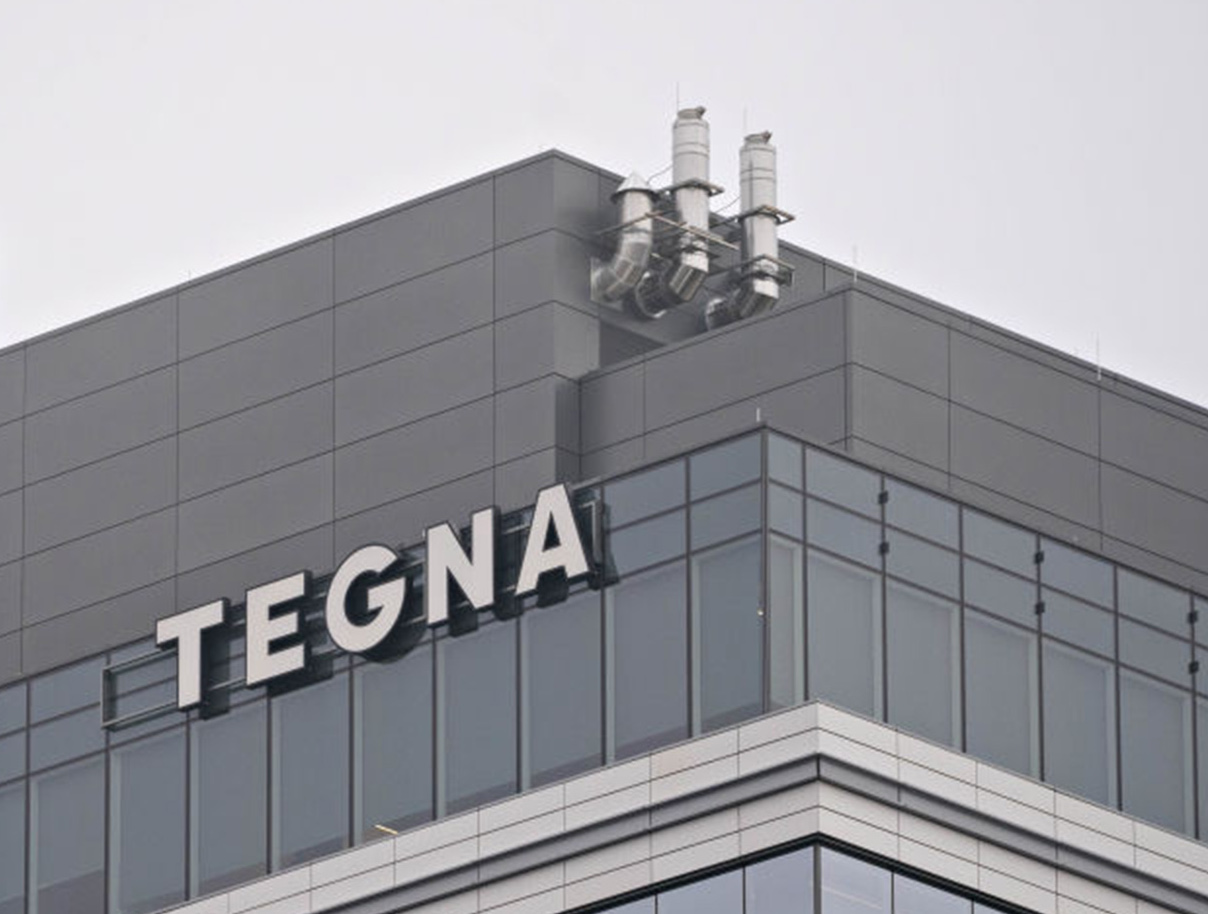Standard General to FCC: Arguments against Tegna Deal Are “Irrelevant” and “Incorrect”
Its FCC filing said the deal would create “the largest minority-owned and female-led television station group in U.S. history”

The professional video industry's #1 source for news, trends and product and tech information. Sign up below.
You are now subscribed
Your newsletter sign-up was successful
WASHINGTON, D.C.—Standard General has told the FCC that petitions filed against the proposed acquisition of Tegna raise arguments that are “legally irrelevant” and “factually incorrect as well.”
Petitions urging the FCC to block the deal have been filed by Graham Media Holdings, by the NewsGuild-CWA and National Association of Broadcast Employees and Technicians-CWA, and by Common Cause and United Church of Christ Media Justice Ministry.
The NCTA and others have also filed briefs commenting on the deal and asking the FCC to impose conditions on the deal.
Tegna has agreed to be acquired by Standard General in a deal worth $8.6 billion, including the assumption of $3.2 billion in debt.
As part of the deal, Apollo Global Management (AGM) will own securities in the new privately held company. Those securities will be non-voting and not attributable. If the deal is approved, AGM's Cox Media Group will acquire Tegna stations in Dallas, Houston and Austin.
In a filing with the FCC defending the proposed acquisition, Standard General said its “proposed acquisition of Tegna and the related transactions, including Standard General’s sale of eight TV stations to CMG, will yield significant public interest benefits without any countervailing public interest harms” and that the deal would create “the largest minority-owned and female-led television station group in U.S. history and dramatically increasing minority broadcast ownership and viewpoint diversity.”
It also stressed “that the Transactions comply with the Commission’s national ownership cap even without application of the UHF Discount, do not require any waivers of the Commission’s local ownership rules, and do not involve the creation of any time brokerage, joint sales, or shared services agreements.”
The professional video industry's #1 source for news, trends and product and tech information. Sign up below.
The Standard General filing said the petitions opposing the deal raised “three lines of attack, alleging that: (a) the Transactions will result in a reduction of local news and loss of journalism jobs; (b) MVPD programming costs will go up, `automatically’ increasing MVPD subscriber rates; and (c) Apollo Global Management, Inc. will have an attributable level of influence in post-Transactions Tegna.”
The lawyers for Standard General argued that “the first two arguments have been repeatedly found legally irrelevant to the Commission’s review of transactions under the Communications Act, and as demonstrated herein, the premises of those arguments are factually incorrect as well.”
More specifically the petition noted that “the Transactions are not about `consolidation’ at the local or national level, as Tegna will actually be smaller after the Transactions and no new local duopolies will be created. Nor will the Transactions involve a `consolidation’ of local news operations for any of the stations, because the Applicants have no intention of reducing the amount or quality of local news or newsroom staffing. Any increases in retransmission consent rates (which, it should be noted, yield a stable revenue stream that enables stations to produce local news, air other locally responsive programming, and pay employees) would occur as a result of privately negotiated contracts with MVPDs, and the Commission has consistently declined to interfere in private contractual matters or recognize potential retransmission consent rate increases as a public interest harm.”
Standard General’s petition added that as to “AGM [Apollo Global Management], it is clear under the Commission’s rules that it is non-attributable in Tegna three times over: (1) post-Transactions Tegna will have a single majority shareholder, making all other shareholders (even voting shareholders, if there were any besides Standard General) non-attributable, (2) AGM will, in fact, have only non-voting preferred shares, with no board rights and only usual and customary minority shareholder rights, making it non-attributable even in the absence of a single majority shareholder, and (3) under the Commission’s EDP Rule, the aggregate interest in post-Transactions Tegna held by AGM would have to be nearly ten times larger before it could even theoretically trigger attribution, and even then, attribution could only be found in Tegna stations in the four designated market areas (`DMAs’) in which CMG also operates stations, not in all of Tegna. AGM is merely one of seventeen entities facilitating the funding of the Tegna acquisition, with no rights to anything but a fixed rate of return until its shares are redeemed at Standard General’s election, at which point AGM will no longer be even a preferred shareholder.”
The filing is available here.
George Winslow is the senior content producer for TV Tech. He has written about the television, media and technology industries for nearly 30 years for such publications as Broadcasting & Cable, Multichannel News and TV Tech. Over the years, he has edited a number of magazines, including Multichannel News International and World Screen, and moderated panels at such major industry events as NAB and MIP TV. He has published two books and dozens of encyclopedia articles on such subjects as the media, New York City history and economics.

